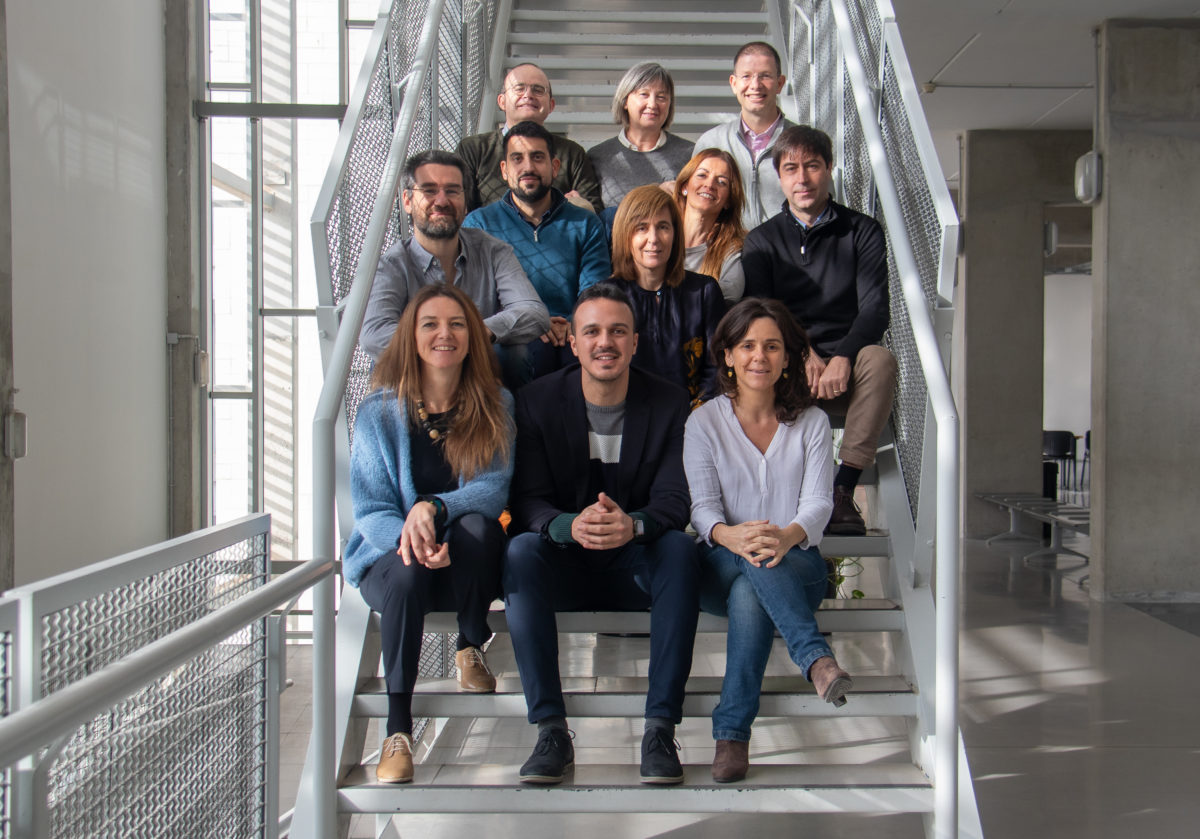Title: Promoting the learning of fundamental rights and freedoms and the mechanisms for their legal protection among students of the Law Faculty
Duration: 2019-2020
Principal investigator: Prof. Dr. Margalida Capellà Roig
Members of the research team: Rosario Huesa Vinaixa, Joan David Janer Torrens, Eduardo Ramon Ribas, Carmen Tomás-Valiente Lanuz, Maria Ballester Cardell, Valentina Milano, Pau de Vílchez Moragues, Ricardo Jesús Navarro Gómez, Sebastià Rubí Tomàs, Magdalena Llompart
This project has been granted by the “Institut de Recerca i Innovació Educativa” (Institute for Innovative Research and Education) in the call for projects on innovative teaching and research within the framework of the Sustainable Development Goals for the 2019-2020 year.
The Interdisciplinary Laboratory on Rights and Freedoms of the University of the Balearic Islands (LIDIB) aims to deepen and innovate in the knowledge of the theory and practice of human rights to make them available to the university community and society and has presented this project to improve the knowledge and skills of the students of the Faculty of Law in relation to the adequate and effective protection of fundamental rights and freedoms.
The project finds its origin in the knowledge that, despite getting a general legal background at the end of the degree, students do not get a sufficiently specialized training on human rights issues. Students do not assimilate the meaning and importance of this issue, nor do they acquire the necessary knowledge and skills for a professional practice on human rights. For this reason, the Laboratory provides this complementary specialized training to stimulate the interest of the students in human rights issues during the course of their studies and to offer them, in a stimulating and practical way, the necessary tools to substantially improve their knowledge and competencies in this area.
The general objectives of this project are:
– Promote changes in attitudes and values among students and teachers of the Law degree that contribute to promoting the achievement of a culture of solidarity and a profession committed to human rights within the framework of the Sustainable Development Goals.
– To make the Law students reflect on the impact of human rights in the exercise of their future profession and especially on the relevance and consequences of the respect or violation of human rights by legal professionals, and the importance this entails for the achievement of SDG nº 16.
– Promote a renewal of teaching methodologies in the Faculty of Law, emphasizing a holistic and practical approach to the law that revolves around the person, in the framework of the Sustainable Development Goals.
The background of this project lies in the experience gained by teachers, students, lawyers and NGOs that collaborate in the UIB Legal Clinic (https://clinicajuridica.uib.cat/). The legal training of students has been successfully complemented and enriched through the learning opportunity provided by the Legal Clinic: the discovery by students of a world of inequalities, which is often due to the ignorance of the laws that protect the rights of vulnerable groups and of the broader general human rights legal framework by legal practicioners, marks a change of perspective in their legal careers.
Activities to be developed
1) Organization of complementary activities for undergraduate students: seminars, workshops, taught by the LIDIB professors and by invited experts. These activities will have a minimum biweekly periodicity, and will be given adequate dissemination not only during classes, but also through advertisements on posters, brochures, the LIDIB website, social networks, etc.
2) The promotion of fundamental rights and freedom issues as an object of research for the TFGs, TFM, and other research work that students must present at the end of their studies, providing specific tutorial and bibliographic support.
3) Organization of specific cycles of seminars for doctoral students, within the mandatory activities of the Law PhD program.
4) Creation of a “human rights mention”, consisting of a certificate or diploma that students can obtain if they have carried out the activities organized for this purpose (among those described above), thus stimulating and providing a sort of specialization for students in the field of human rights. This mention will demonstrate the student’s continuity in the various activities in which they have taken part during their formative itinerary. These activities will be coordinated and certified by the LIDIB. They will be given maximum publicity to encourage students to perceive the importance of this aspect of their training and stimulate their interest in getting involved.

